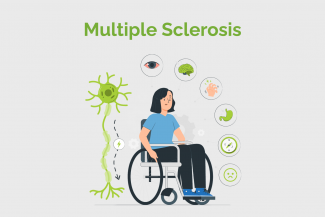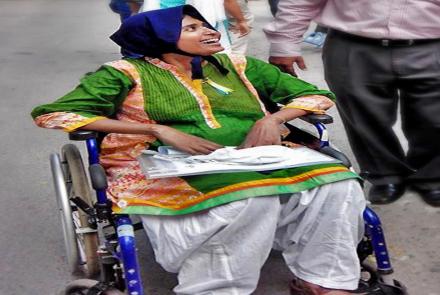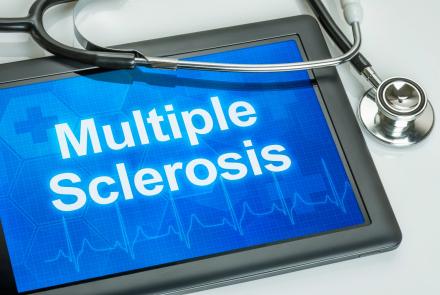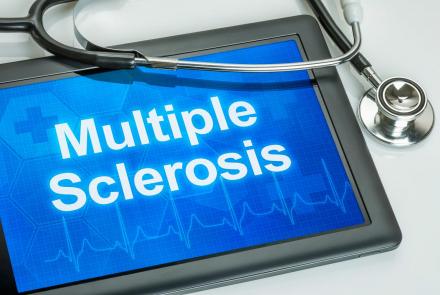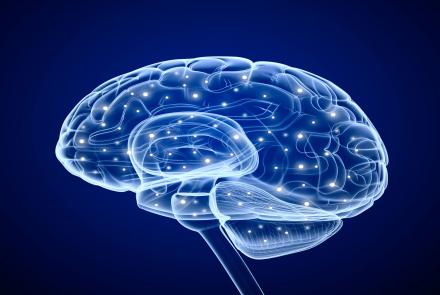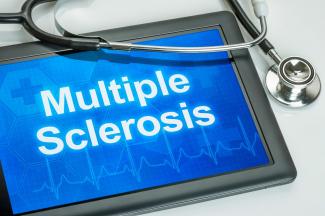
is a disease of the central nervous system (brain and spinal cord). It is an inflammatory disease in which the insulating covers of nerve cells in the brain and spinal cord become damaged. These inflamed areas become scarred, giving the disease its name: multiple areas of hardening (sclerosis) within the brain or spinal cord. This damage disrupts the ability of parts of the nervous system to communicate, resulting in a wide range of signs and symptoms, including physical, mental and sometimes psychiatric problems. It is the leading cause of non-traumatic disability in young adults. While some people with MS experience little disability during their lifetime, as many as 60% may be unable to walk without assistance 20 years after onset.
What is the epidemiology of multiple sclerosis
MS usually starts in early adult life. The average age of onset is 30 years. It is more common in women than in men. MS is present worldwide but more common in people who live farther from the equator. Its prevalence is highest in North America and Europe and lowest in Sub-Saharan Africa and East Asia. The reason for the geographical variation in the prevalence is not clear.

